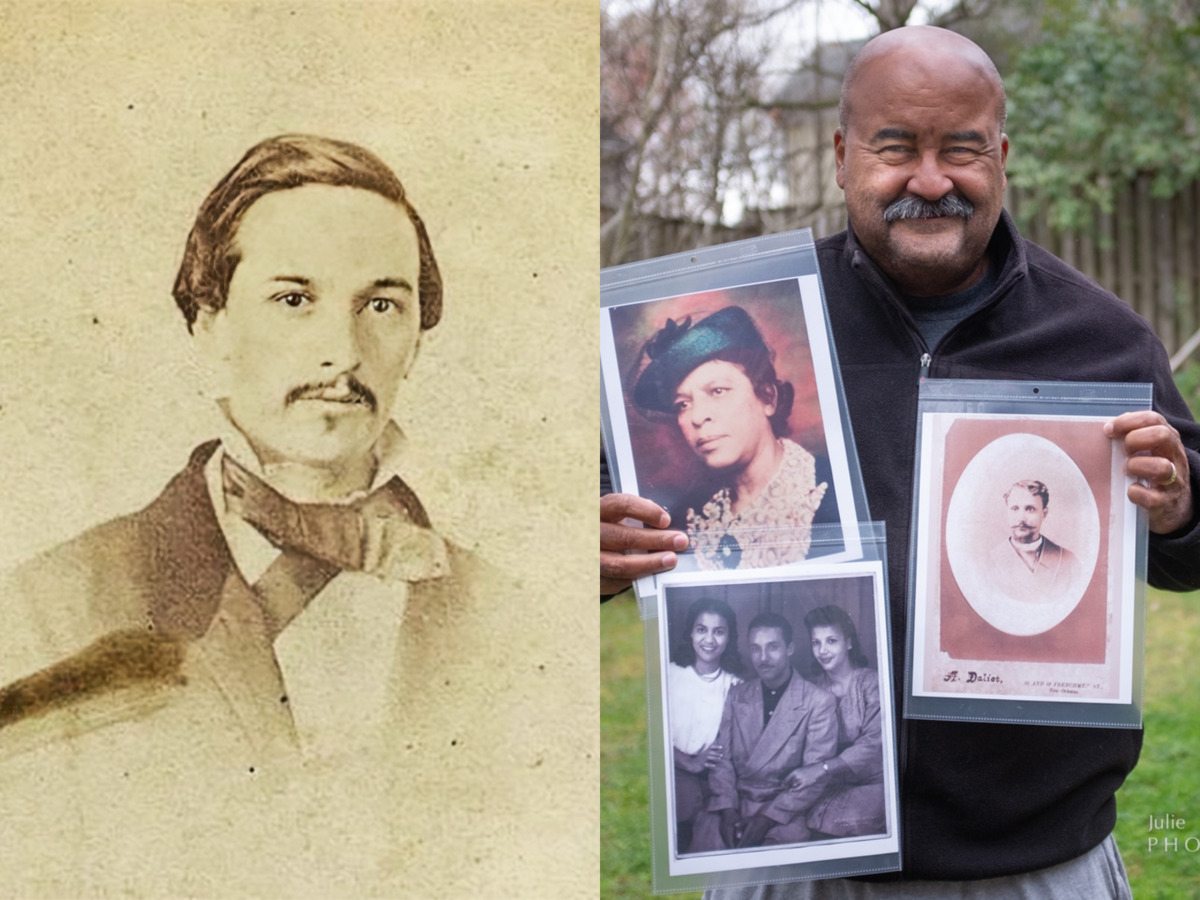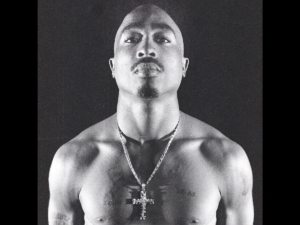What started as an internet slap fight on Facebook ended by demonstrating a not-so-new American phenomenon. Opinions presented as facts.
Normally, I would have passed over this post. After all, it was about a cracker from Louisiana who was the first officer killed during the Civil War. (This was in Newport News, VA, on July 5, 1861.) Recently, a monument put up to honor him in New Orleans in the 1920s was removed after it was vandalized. It seemed appropriate to me to remove the monument. But the name stuck in my mind: Lt. Col. Charles Didier Dreux.
Full disclosure here: I am a black Creole, born and raised in Oakland, CA, with deep Louisiana roots. I descend from one of the oldest lines of Creoles in Louisiana. I only came to know the full story of my family about 15 years ago when I wrote my book: Finding Octave: The Untold Story of Two Creole Families and Slavery in Louisiana.
But I was struck by the post. First, people were praising Lt. Col. Dreux as a Southern hero, a martyr to the Southern cause. Secondly, they were highlighting the fact that more than 30,000 people had turned out for his funeral in Louisiana. Some people posted that they were angry his monument had been defaced and had to be removed. But what stopped me in my tracks were comments misrepresenting his service, saying he had died fighting against a “Northern invasion,” “defending states’ rights against Northern aggression.”
I thought, Wait a second, didn’t the South fire on Fort Sumter in South Carolina to start the Civil War? And, wasn’t the Civil War fought to end slavery?
So I looked for the facts. It was easy to find the secession statements of the Southern states. Here is what they said.
On December 20, 1860, South Carolina declared its secession from the United States of America. South Carolina’s position is clear. Citing “an increasing hostility on the part of the non-slaveholding states to the institution of slavery,” South Carolina insisted that the Northern states had breached their constitutional obligation to enforce federal laws like the Fugitive Slave Act. “We, therefore, the People of South Carolina . . . have solemnly declared that the Union heretofore existing between this State and the other States of North America, is dissolved.”
On January 9, 1861, Mississippi became the second state to secede. Here is Mississippi’s succession statement:
“Our position is thoroughly identified with the institution of slavery– the greatest material interest of the world. Its labor supplies the product which constitutes by far the largest and most important portions of commerce of the earth. These products are peculiar to the climate verging on the tropical regions, and by an imperious law of nature, none but the black race can bear exposure to the tropical sun. These products have become necessities of the world, and a blow at slavery is a blow at commerce and civilization.”
I checked the other seceding states. The fact was, with no exceptions, the other seceding states all listed slavery or the protection of the system of slavery as their reason for leaving the Union.
So I weighed in on the conversation, posting the two secession statements. I added that in my opinion, “Dreux was a seditionist and traitor who did not deserve any monument.“
But there was something about the name Dreux that I still couldn’t shake. I’d done a lot of genealogy work writing my book, and I couldn’t let the name go. I looked back into my family tree. Sure enough, the Lt. Colonel was my 4th cousin, related to me through two of my family lines. My kinship with this man makes me more intimately connected to Lt. Col. Charles Didier Dreux, to the arguable glory and misdeeds of his history, than were these revisionists and Civil War apologists.
In Finding Octave, I recount the chilling history of Lt. Col. Dreux’s great-great-aunt, my 5th-great-aunt, Marie Constance Dreux. She presented an enslaved baby girl to François Hazeur, saying she did so “out of love and affection for her brother.” Her brother, François, was also my 5th-great-grandfather. He had raped her slave, and a baby girl named Helen was born. It was 1792 when manumission (freedom from slavery) was easy to receive, and Helen and her mother Felicité were freed thereafter by my 5th-great-grandfather, François Hazeur.
When I retraced these profound connections between Lt. Col. Dreux and two lines of my family tree, I was hit with a feeling black historians too rarely feel about Southern history: an overwhelming feeling of entitlement. I felt I had more standing than the white Southerners and Civil War revisionists making comments. I was a relative of this man, authoritatively connected to his past in a way they could never be.
My opinion of Lt. Col. Charles Didier Dreux, my 4th cousin, is that he was a traitor and seditionist who fought to preserve slavery. He was not a hero and does not deserve a monument of any kind. He was on the side that lost the Civil War.
When I said that Germany did not erect monuments to Nazis who served in WWII, a few in the group on Facebook said that was an unfair comparison. But losers of wars, at least in Germany, do not get to have monuments erected in their honor. The Nazis lost the war they fought while perpetrating the genocide of the Jews. The American South lost the war they fought to uphold the genocidal institution of slavery.
People are saying we have entered a dangerous time, with the current administration, when facts are just ignored and opinions of a few are the currency of arguments and policies. But if you look at American history, you will see that the present administration represents a long-standing, dangerous trend in American culture, one that continues to happen way too often: Opinions of the few become facts of the many.
Dreux and his Southern ancestors’ misdeeds are a part of my DNA. But they are also part of our collective past as Americans. I was able to face up to the sins of Dreux’s Confederate past, a racist legacy that harmed many others in my family tree. Maybe his apologists, lucky enough to be unharmed by and unrelated to him, will muster the bravery to surrender their wishful opinions, to face these facts of our shared history.










